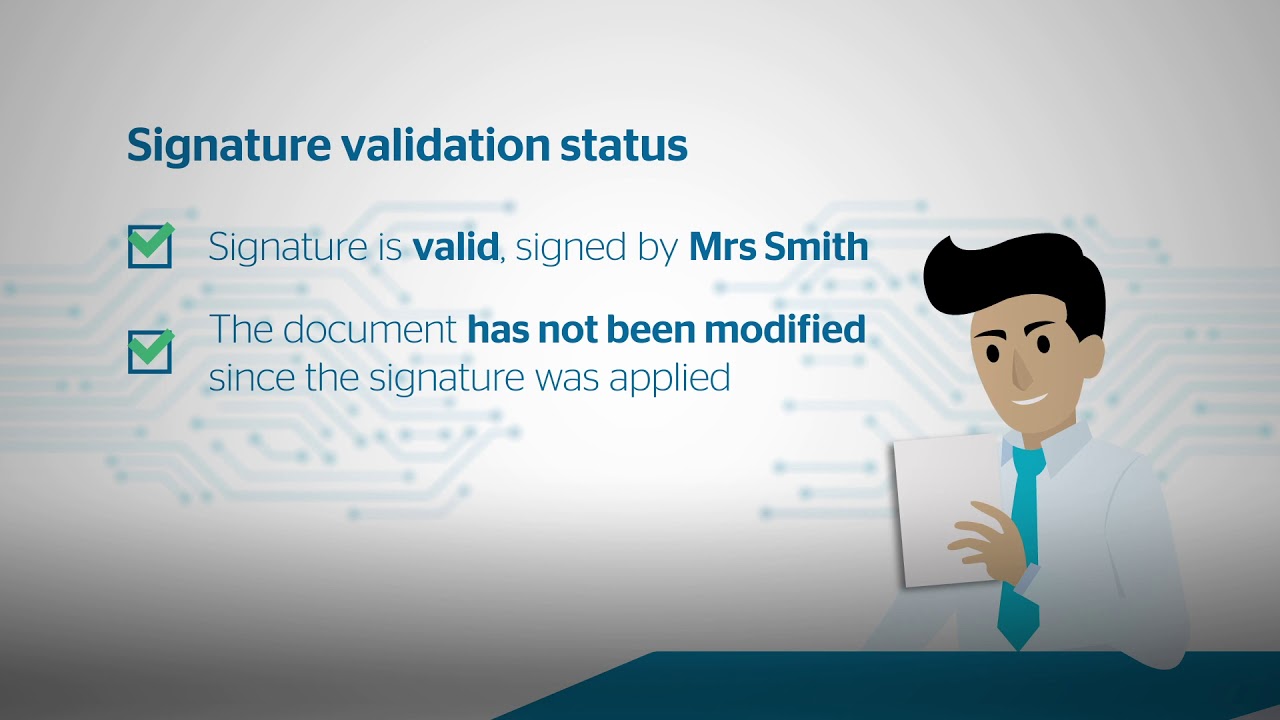Overview of Electronic Signature Laws in Rhode Island
Rhode Island, like many states in the United States, has embraced the use of electronic signatures as a legally valid method for signing documents. Electronic signatures offer a convenient and efficient alternative to traditional paper-based signatures, allowing businesses and individuals to streamline their processes and save time. The state of Rhode Island has implemented legislation to ensure the validity and enforceability of electronic signatures, providing a legal framework that promotes the use of this modern technology.
The Validity of Electronic Signatures in Rhode Island
Electronic signatures are considered legally valid in Rhode Island. The state has enacted legislation that recognizes the legal effect of electronic signatures, allowing parties to enter into contracts and execute agreements electronically. The Uniform Electronic Transactions Act (UETA) has been adopted in Rhode Island to establish the legal validity and enforceability of electronic signatures, ensuring that they have the same legal standing as traditional pen-and-paper signatures.
Key Legislation on Electronic Signatures in Rhode Island
The key legislation governing the use of electronic signatures in Rhode Island is the Uniform Electronic Transactions Act (UETA). The UETA provides a comprehensive legal framework for electronic signatures and electronic transactions in the state. It ensures that electronic signatures are valid and enforceable, and it promotes the use of electronic records and signatures in both commercial and consumer transactions.
Defining Electronic Signatures in Rhode Island
In Rhode Island, electronic signatures are defined as any sound, symbol, or process attached to or logically associated with a record, and executed or adopted by a person with the intent to sign the record. This broad definition encompasses a wide range of electronic signature methods, such as digital signatures, scanned signatures, and click-to-sign buttons on electronic documents.
How to Create and Use Electronic Signatures in Rhode Island
Creating and using electronic signatures in Rhode Island is a straightforward process. To create an electronic signature, individuals can use various methods, including typing their name, uploading an image of their signature, or using specialized electronic signature software. These methods allow parties to sign electronic documents securely and efficiently. Once created, electronic signatures can be used on a variety of documents, including contracts, agreements, waivers, and consent forms.
Acceptance of Electronic Signatures in Rhode Island Courts
Rhode Island courts have recognized the legal validity and enforceability of electronic signatures. Electronic signatures are admissible as evidence in court proceedings, provided that they meet certain requirements for authenticity and integrity. Courts consider factors such as the reliability of the signature method, the intent of the signer, and the overall context of the transaction when determining the admissibility of electronic signatures as evidence.
Ensuring Security and Authentication of Electronic Signatures
To ensure the security and authentication of electronic signatures, Rhode Island law requires that the electronic signature be linked to the signer and the document in such a way that any subsequent changes to the signature or the document can be detected. This helps prevent tampering and provides assurance that the electronic signature belongs to the intended signer. Parties can achieve this by using secure electronic signature software that incorporates encryption and authentication measures.
Exceptions and Limitations to Electronic Signature Use
While electronic signatures are generally valid and enforceable in Rhode Island, certain documents and transactions may be exempted from electronic signature use. For example, wills, trusts, and other testamentary documents are typically excluded from the scope of electronic signature legislation. Additionally, certain government-related documents or transactions may have specific requirements that need to be fulfilled, such as the use of a notary public.
Benefits of Using Electronic Signatures in Rhode Island
The use of electronic signatures in Rhode Island offers numerous benefits. It significantly reduces the time and effort required to sign and exchange documents, allowing parties to complete transactions quickly and efficiently. Electronic signatures also eliminate the need for physical storage space, as electronic documents can be securely stored and accessed digitally. Furthermore, electronic signatures promote environmental sustainability by reducing paper consumption.
Important Considerations for Using Electronic Signatures
While electronic signatures offer many advantages, it is important to consider certain factors when using them in Rhode Island. Parties should ensure that they use reliable and secure electronic signature software to protect the integrity and authenticity of their signatures. They should also be aware of any specific requirements or exceptions that may apply to their particular documents or transactions. It is advisable to consult with legal professionals familiar with Rhode Island’s electronic signature laws to ensure compliance and mitigate any potential legal risks.
Conclusion: Embracing the Legality of Electronic Signatures in Rhode Island
Rhode Island has embraced the use of electronic signatures by enacting legislation that recognizes their legal validity and enforceability. The state’s adoption of the Uniform Electronic Transactions Act provides a robust legal framework for electronic signature use, promoting the efficiency and convenience they offer. By understanding and complying with the applicable laws and regulations, individuals and businesses in Rhode Island can confidently utilize electronic signatures to streamline their processes and embrace the benefits of this modern technology.





